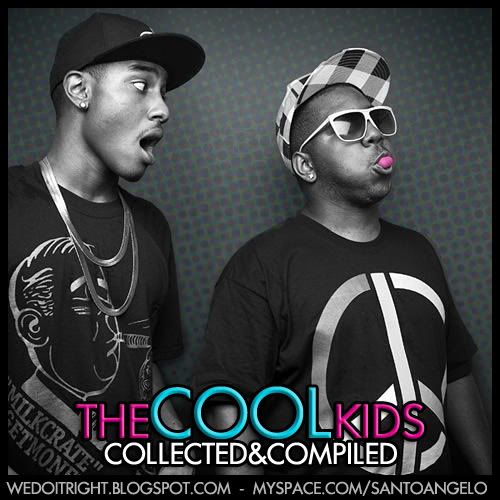
You've probably heard by now that Sean Bell's killers were acquitted. You've GOT to be kidding me. Sean Bell was killed in August 2006 when 3 police officers shot him and 2 friends 50 times. He was unarmed. That doesn't even seem like it was that long ago -- that kind of crazy, over the top, disgusting violence sticks with you. 50 bullets seems excessive in all situations. 1 bullet kills. It's clear that these experienced, trained police officers were shooting with the intent to kill (not protect themselves, disarm the suspect, etc) and they sent a very loud message in the process. Now there are calls everywhere from Capitol Hill to every urban recording studio that something has to be done. I think that form unity is beautiful- everyone cries out injustice in their own way --government workers have the power legally to demand a second look while rappers can come out with songs deploring the situation to bring it to the attention of a wider public. A government's effectiveness is based on legitimacy -- when there is no justice, there is no legitimacy. NPR had a segment where they discussed this deepening mistrust. This verdict will have widespread repercussions as people come to believe that the police aren't held accountable for the same sins as the general public.
I came across this letter from the poet Saul Williams to Oprah regarding her incendiary comments about hip-hop. Read it. It's kind of long, but worth every second. It reminds me of my first times reading Sister Souljah, Tupac's poetry, hearing Common, or watching "Do the Right Thing." Through his defense of a hip hop culture he paints this picture of a love that transcends words and music. Highlights:
"As, you know, in this book she spoke of how she could not listen to the music of Miles Davis and his muted trumpet without hearing the muted screams of the women that he was outspoken about "man-handling". It was my first exposure to the idea of an artist being held accountable for their actions outside of their art. It was the first time I had ever heard the word, "misogyny". And as Ms. Cleage would walk into the classroom fuming over the women she would pass on campus, blasting those Snoop lyrics from their cars and jeeps, we, her students, would be privy to many freestyle rants and raves on the dangers of nodding our heads to a music that could serve as our own demise."He goes on to address the objectification of women, George Bush, Christianity, and war. I want to carry this around in my pocket.
"No one wants to listen to a rapper unless they claim to be the best or the greatest. This sort of braggadocio leads to all sorts of tirades, showdowns, battles, and sometimes even deaths. In all cases, confidence is the ruling card. Because of the competitive stance that all emcees are prone to take, they, like soldiers begin to believe that they can show no sign of vulnerability. Thus, the most popular emcees of our age are often those that claim to be heartless or show no feelings or signs of emotion. The poet, on the other hand, is the one who realizes that their vulnerability is their power. Like you, unafraid to shed tears on countless shows, the poet finds strength in exposing their humanity, their vulnerability, thus making it possible for us to find connection and strength through their work. Many emcees have been poets. But, no, Ms. Winfrey, not all emcees are poets. Many choose gangsterism and business over the emotional terrain through which true artistry will lead. But they are not to blame."
In a similar vein, GrandGood posted this video last week. "It’s simply, 'Hip Hop', as defined by legends and prominent figures of the Chicago Hip Hop scene.”









